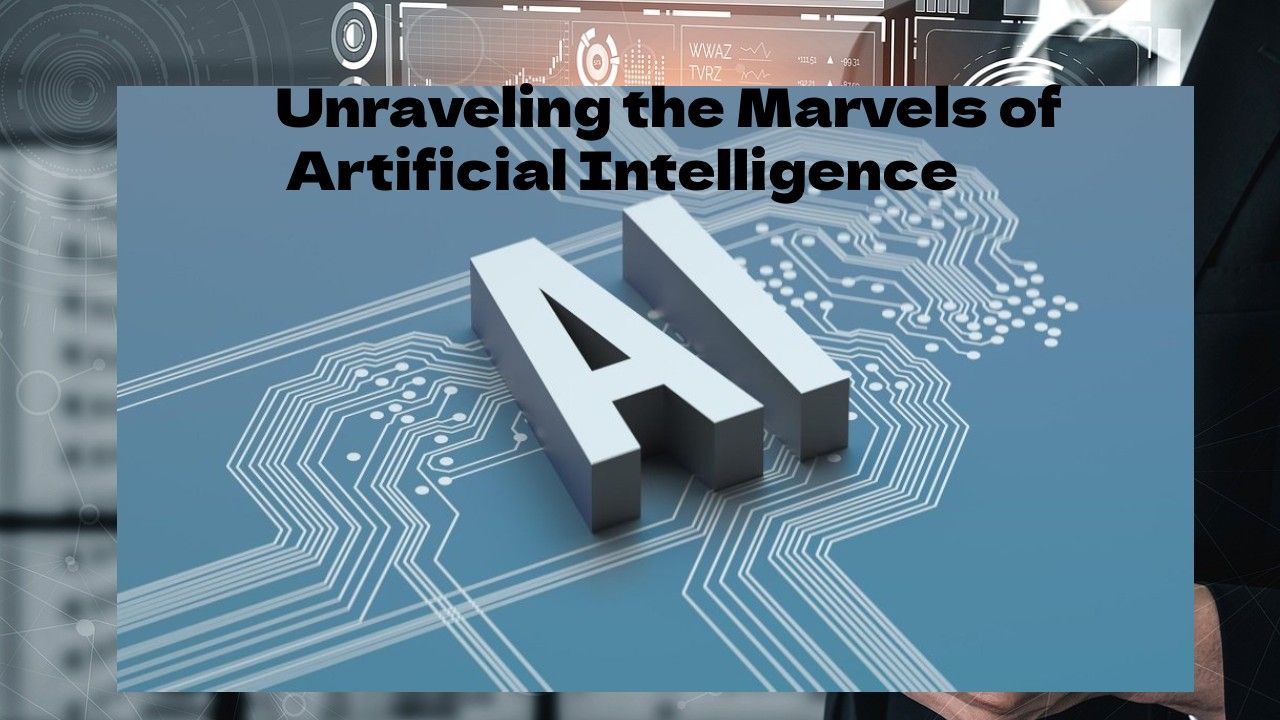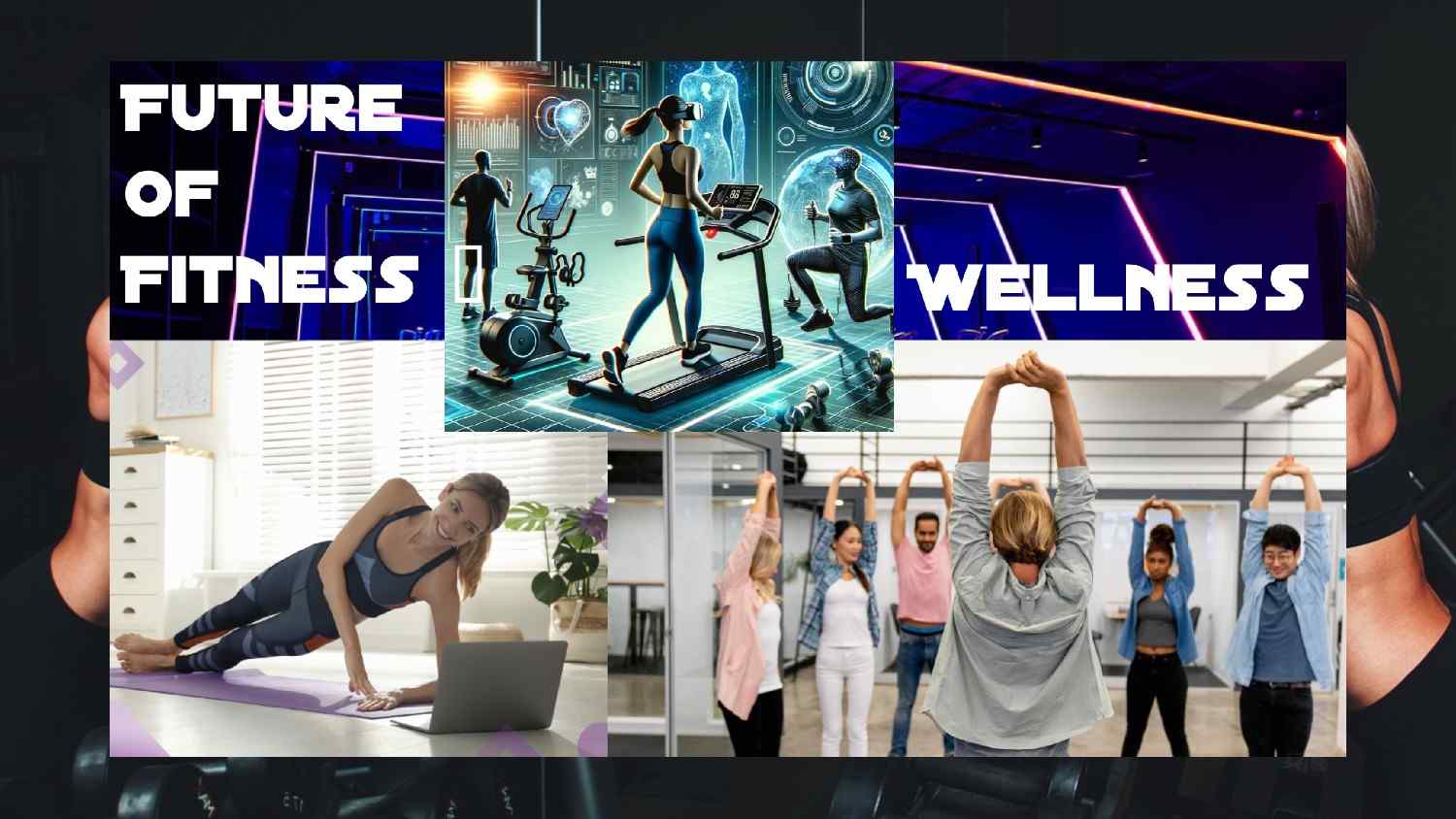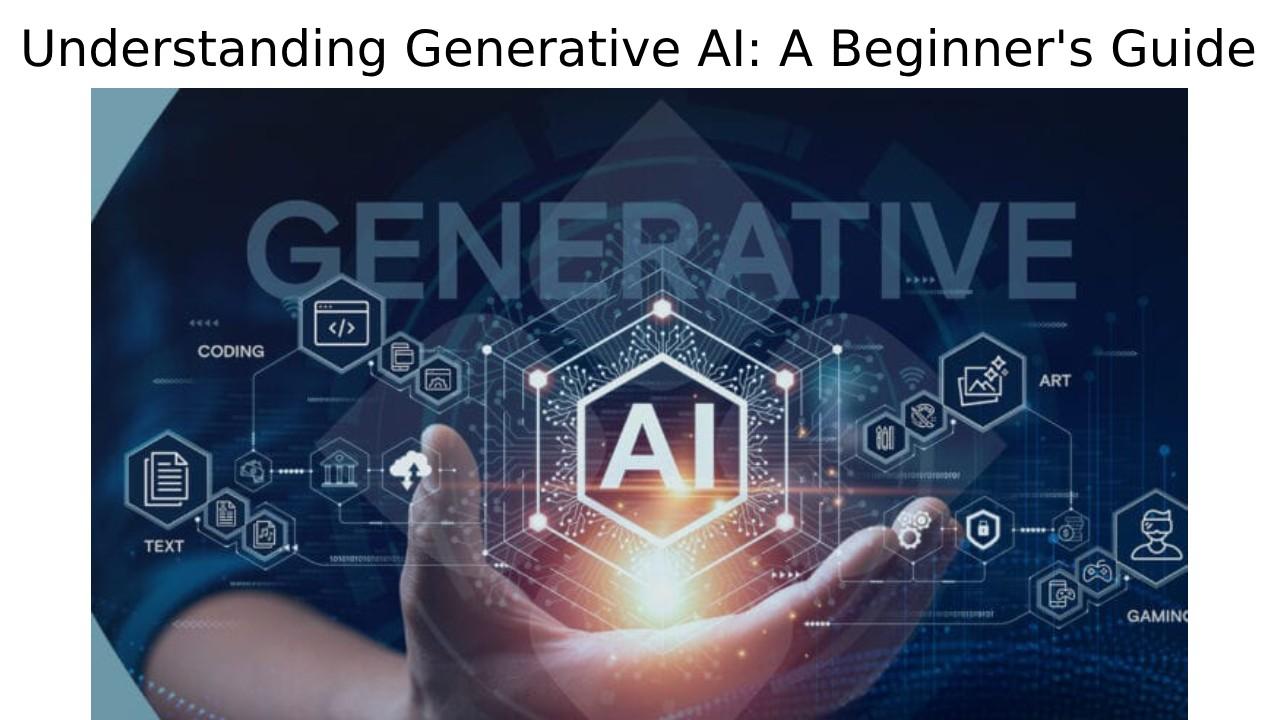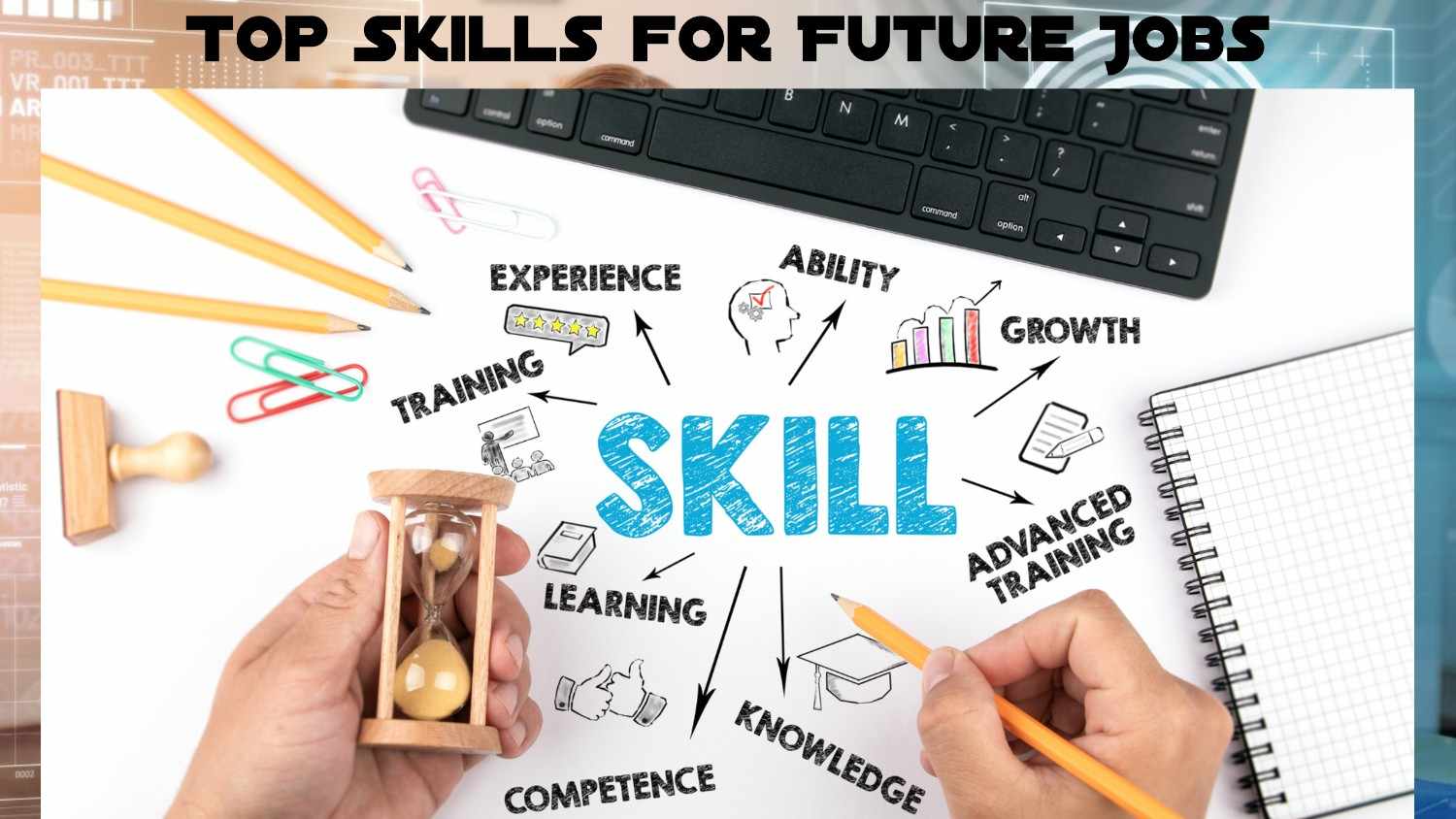- 1 AI in the Home: Smart Living
- 2 AI in Healthcare: Revolutionizing Patient Care
- 3 Ethical Considerations and Challenges
- 4 The Future Ahead
- 5 AI in Everyday Life: From Smart Homes to Personalized Healthcare
- 6 Smart Homes: Living with AI
- 7 AI on the Move: Daily Convenience
- 8 Personalized Healthcare: Smarter, Faster, More Accurate
- 9 Balancing Innovation with Responsibility
- 10 Conclusion: AI as a Daily Companion
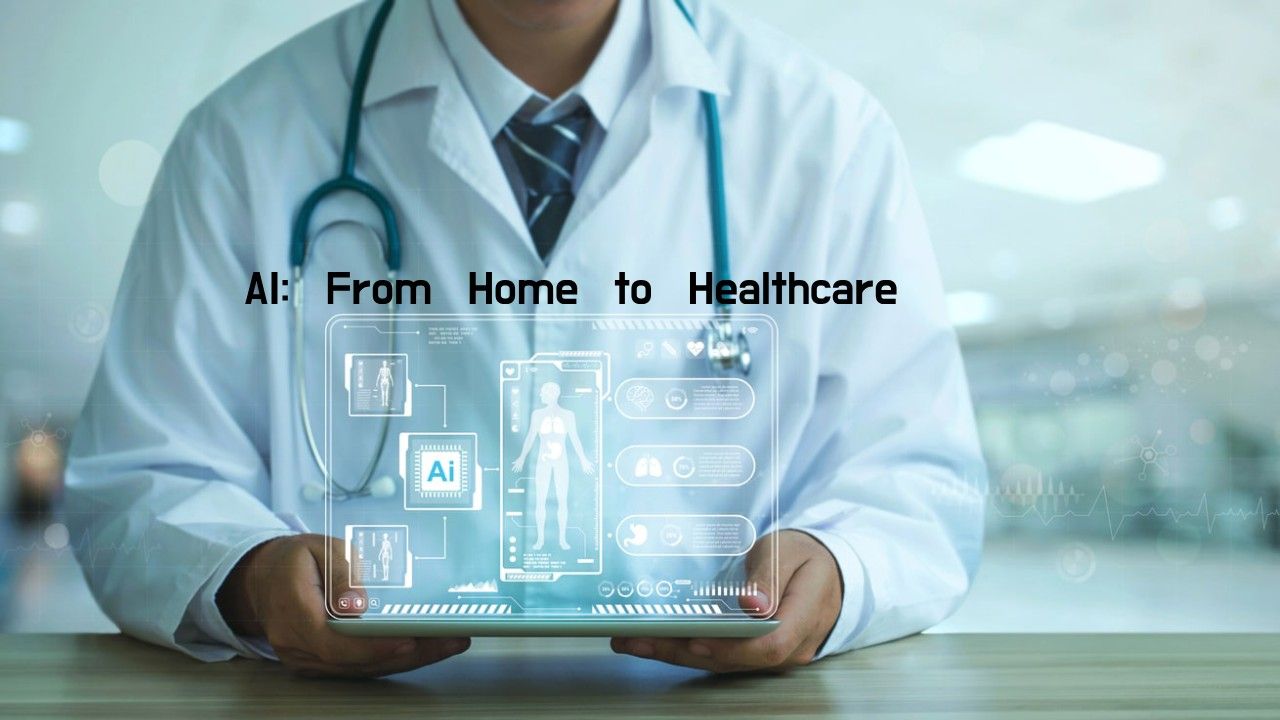
AI in the Home: Smart Living
AI: From Home to Healthcare. In modern homes, AI has found a place in making life more convenient, secure, and efficient. Virtual assistants like Alexa, Siri, and Google Assistant allow users to control lights, thermostats, and appliances through voice commands. AI-powered security systems can recognize faces, detect unusual activity, and alert homeowners in real time.
Home automation isn’t just about convenience—it also promotes energy efficiency. Smart systems can learn patterns and adjust heating, cooling, or lighting accordingly, helping reduce energy consumption and utility costs. AI also powers entertainment platforms, recommending music, movies, or shows tailored to individual preferences.
AI in Healthcare: Revolutionizing Patient Care
AI’s impact on healthcare is profound and far-reaching. From early disease detection to personalized treatment plans, AI tools are assisting healthcare professionals in delivering better, faster, and more accurate care.
AI: From Home to Healthcare. Medical imaging, for example, has seen significant improvements thanks to AI algorithms capable of detecting abnormalities in X-rays, MRIs, and CT scans—sometimes even outperforming human radiologists. In diagnostics, AI-driven platforms analyze vast amounts of patient data to identify potential conditions and recommend next steps.
Telemedicine and virtual health assistants have become more prevalent, particularly after the COVID-19 pandemic. These systems use AI to assess symptoms, schedule appointments, and even monitor chronic conditions remotely. Wearable devices also utilize AI to track heart rate, sleep patterns, and physical activity, offering real-time health insights.
Ethical Considerations and Challenges
Despite the benefits, integrating AI into home and healthcare environments raises ethical concerns. Privacy is a key issue—especially with AI systems collecting sensitive data. Ensuring transparency, reducing bias in AI algorithms, and maintaining human oversight remain essential to building trust.
The Future Ahead
The journey of AI from home to healthcare is just the beginning. As technology continues to evolve, we can expect even greater integration of AI in personal and professional spaces. Whether it’s predicting health risks or managing household routines, AI promises to enhance our quality of life—if used wisely and ethically.
AI in Everyday Life: From Smart Homes to Personalized Healthcare
Artificial Intelligence (AI) has rapidly evolved from a futuristic concept into a practical tool that touches nearly every part of our daily lives. Whether managing tasks at home, navigating our workdays, or receiving medical care, AI is working behind the scenes to make life smarter, faster, and more personalized.
Smart Homes: Living with AI
In many homes today, AI has become an invisible helper. Smart assistants like Amazon Alexa, Google Assistant, and Apple Siri respond to voice commands, manage schedules, and control connected devices. Lights adjust automatically, thermostats learn your preferences, and robotic vacuum cleaners map out and clean rooms, making household management more efficient and convenient.
Security is also smarter. AI-driven surveillance systems can detect motion, recognize faces, and send instant alerts, offering peace of mind for homeowners. Meanwhile, AI in entertainment platforms helps tailor your experience—suggesting movies, music, or shows based on your tastes and habits.
AI on the Move: Daily Convenience
AI: From Home to Healthcare powers more than just your home. It’s behind the navigation apps that provide real-time traffic updates, the recommendation engines in your online shopping, and even the spam filters in your email. Ride-sharing services like Uber and Lyft use AI to match riders with drivers and predict arrival times. In finance, AI tools detect fraud, automate budgeting, and offer personalized investment advice.
Even in the workplace, AI is streamlining operations—from virtual meeting assistants and email drafting tools to intelligent project management platforms that track progress and suggest next steps.
Personalized Healthcare: Smarter, Faster, More Accurate
Healthcare is one of the most impactful fields where AI is making strides. Algorithms can now analyze medical images, detect diseases at early stages, and assist doctors in making accurate diagnoses. AI tools are helping to predict patient outcomes, monitor chronic conditions, and recommend individualized treatment plans.
Wearable devices like smartwatches use AI to monitor heart rate, sleep, and activity, giving users insights into their health and encouraging proactive wellness. Virtual health assistants can evaluate symptoms, schedule appointments, and even provide mental health support—all accessible from a smartphone.
Balancing Innovation with Responsibility
As AI becomes more integrated into everyday life, questions of data privacy, bias, and ethical use grow more important. Transparent algorithms, secure data practices, and human oversight are key to building and maintaining public trust.
Conclusion: AI as a Daily Companion
AI is no longer just about robots or sci-fi—it’s about the real, practical ways technology can enhance our lives. From making homes more comfortable to helping doctors treat patients more effectively, AI is transforming everyday experiences. As long as we guide its development responsibly, the future with AI looks promising, personal, and deeply connected.


